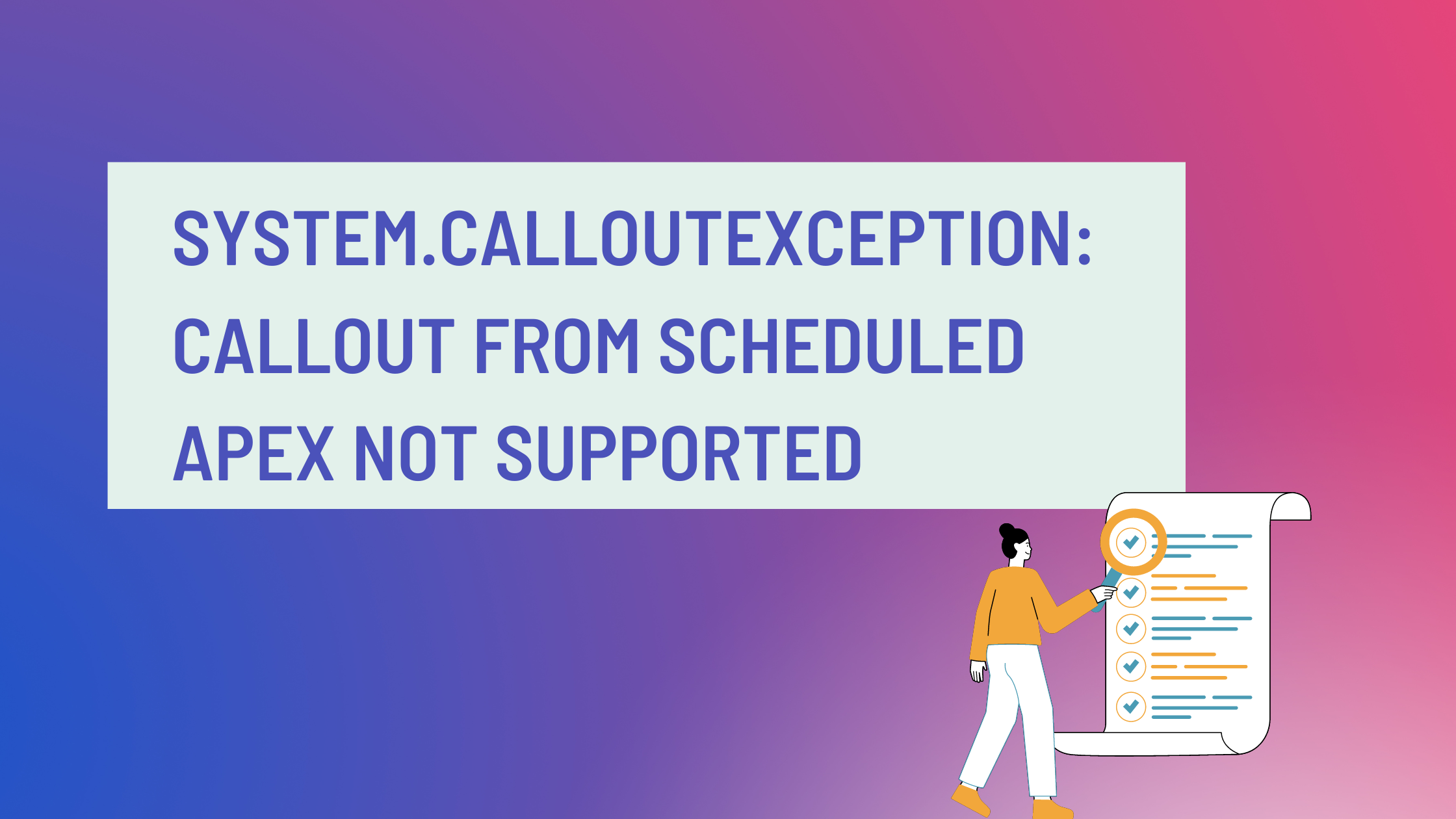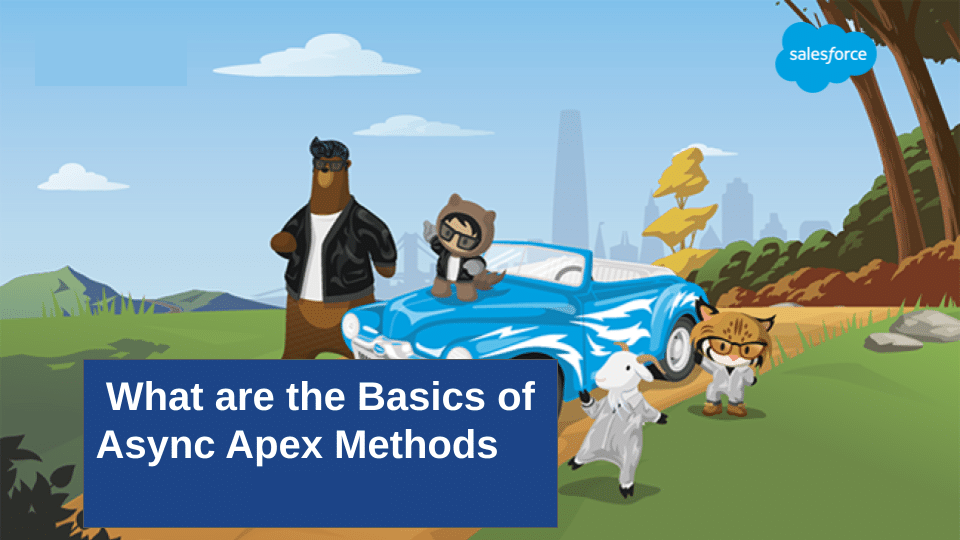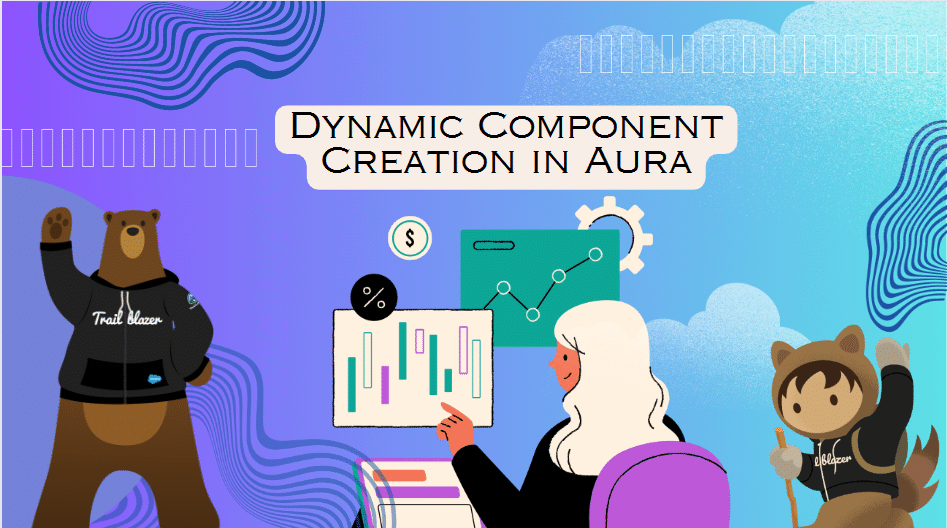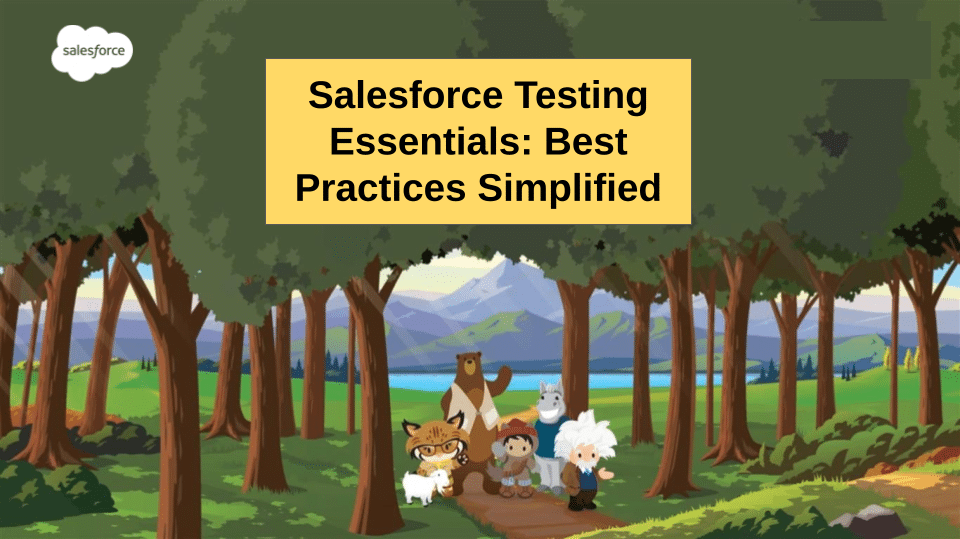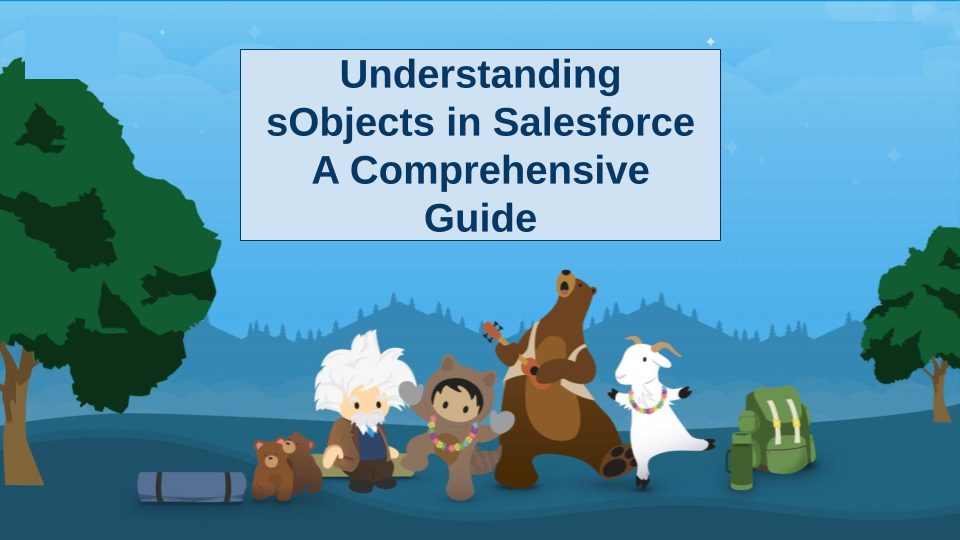In 2023, Salesforce and Microsoft Dynamics continue to be major players in the CRM landscape. Salesforce offers a comprehensive suite of features and flexible customization options. It provides robust tools for lead and opportunity management, contact and account management, workflow automation, analytics, and reporting. Salesforce offers various cloud offerings, including Sales Cloud, Service Cloud, Marketing Cloud, and Commerce Cloud, catering to specific business needs.
On the other hand, Microsoft Dynamics integrates well with the Microsoft technology stack, making it an attractive option for organizations heavily reliant on Microsoft products. It offers features for sales and marketing automation, customer service, and seamless integration with Microsoft 365 applications. Microsoft Dynamics provides customization options and has different editions such as Sales, Customer Service, and Marketing.
When comparing the two, Salesforce has a larger market presence and a reputation for extensive customization options. It is suitable for businesses of all sizes and offers scalability. Microsoft Dynamics, on the other hand, shines with its integration capabilities with Microsoft applications, making it a preferred choice for organizations using the Microsoft ecosystem.
Ultimately, the choice between Salesforce and Microsoft Dynamics depends on specific business requirements, existing technology infrastructure, customization needs, and budget considerations. It is advisable to thoroughly evaluate the features, integration capabilities, and pricing models of both platforms to determine which one aligns better with the organization’s CRM needs.



